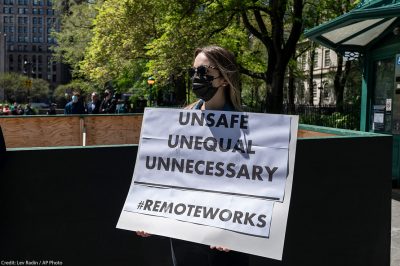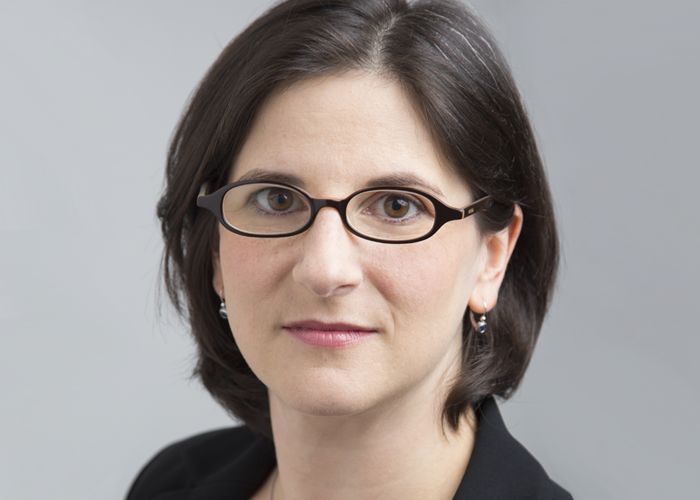Bio
Galen Sherwin was a Senior Staff Attorney at the Women’s Rights Project of the ACLU. She focused on gender equality in education and employment, and litigated and conducted advocacy around issues related to pregnancy discrimination, the rights of breastfeeding workers, sex stereotypes, single-sex education, and athletics.
Sherwin began her career as a legislative aide to a New York State Senator, and then served as President of the New York City Chapter of the National Organization for Women and served on the NOW national board of directors. During law school, she worked at Sanctuary for Families/Center for Battered Women’s Legal Services and at the Center for Reproductive Rights. Upon law school graduation, Sherwin clerked for the Honorable Gerard E. Lynch, who was then in the Southern District of New York, and then joined the Center for Reproductive Rights as a Blackmun Fellow, where she focused on protecting minors’ rights to reproductive health care and abortion. She went on to join the New York Civil Liberties Union as a Staff Attorney in the Reproductive Rights Project, where she later became the project director.
Sherwin is a graduate of Columbia Law School, where she was a Stone Scholar and recipient of the Rosenman Prize for academic excellence in public law, and of Yale University, where she was awarded the Steere Prize in Women’s Studies.
Featured work

Sep 21, 2022
4 Things Public Schools Can and Can’t Do When It Comes to Dress Codes

Jun 19, 2022
Why Fathers Should Join the Fight for Universal Paid Leave

May 13, 2021
Discriminatory Return to In Office Work Mandates Could Push Women and People of Color out of the Workforce

Mar 19, 2019
Facebook Settles Civil Rights Cases by Making Sweeping Changes to Its Online Ad Platform

Mar 12, 2019
Banning Trans Girls From School Sports Is Neither Feminist Nor Legal

Sep 18, 2018
How Facebook Is Giving Sex Discrimination in Employment Ads a New Life

May 22, 2018
The Supreme Court Favors Forced Arbitration at the Expense of Workers’ Rights

Apr 3, 2018
The Legal Questions Raised by a Women-Only Workspace


